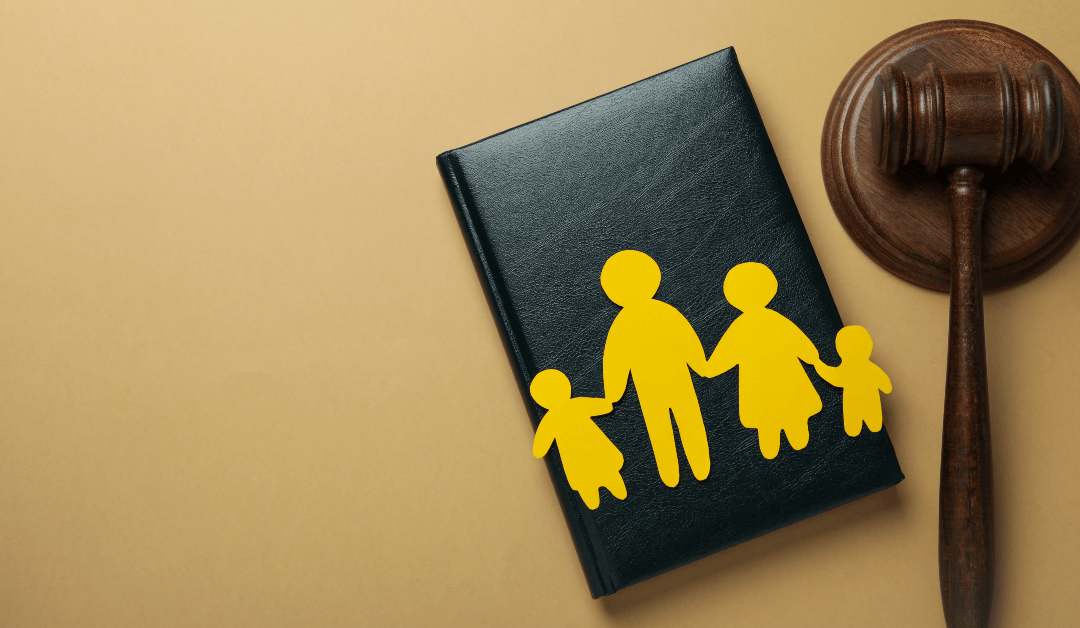Family law can be tricky to navigate; if you’ve ever experienced divorce, separation, or other family disputes, you know it is also highly stressful.
That’s why understanding the ins and outs of ‘what is family law’ is essential. So grab your coffee (or wine!) and get comfy – let’s dive into what family lawyers do and demystify one of the most complex areas of law! In this comprehensive guide to family law, we will explore all aspects, from custody battles to prenuptial agreements.
Arturo R. Alfonso, P.A. is Miami’s most revered legal mind regarding family law. We have the knowledge, resources, and dedication to achieve positive outcomes in the most complex and challenging family law cases.
Moreover, we have a proven record of obtaining favorable client results. Our excellent marriage and divorce lawyers develop effective plans for successfully resolving your issues, whether they involve divorce, paternity, child custody, alimony, family law-related appeals, modifications of decrees, or complex property distributions.
Understanding Family Law
Family law deals with family issues, including marriage, divorce, child custody and support, adoption, surrogacy, domestic violence, property division, spousal support, and paternity suits. Attorneys who practice family law are typically either family law specialists or generalists who handle a wide range of legal matters.
Family Law Areas
The main family law areas include:
Marriage and Divorce
Under family law, marriage is a legal union between two people recognized by the state. Couples must obtain a marriage license from the county clerk’s office.
Once they have obtained a license, they must have the ceremony performed by a licensed officiant, such as a judge, justice of the peace, or rabbi. After the tradition has been completed, the officiant will sign the marriage license and return it to the county clerk’s office to be filed.
Divorce, however, is the legal process by which one can end a marriage. To get divorced, couples must first file a petition for divorce with the court. Once the petition has been filed, both parties must attend a hearing before a judge.
If both parties can agree on all of the terms of their divorce (such as child custody and visitation rights), they will likely be granted an uncontested divorce. If the parties have disputed issues, they must go through a contested divorce.
Child Custody and Support
Under family law, child custody is the legal relationship between a parent and child. Custody can be either physical or legal. Physical custody refers to where the child lives, while legal custody refers to who has decision-making authority over the child’s welfare (such as education and medical decisions).
Child support is money that one parent pays to another to help with the financial costs of raising their shared child/children.
Adoption and Surrogacy
Adoption is the legal process by which an adult becomes the guardian of a minor child/children. The adoptive parent(s) assumes all legal rights and responsibilities of a biological parent.
Surrogacy is when another woman carries and gives birth to a baby for someone else who cannot have children. The surrogate mother has no legal rights or responsibilities towards the child she bears but may receive financial compensation for her services.
Domestic Violence
Domestic violence is any type of physical or emotional abuse that occurs between family members or intimate partners. Victims of domestic violence can seek civil protection orders from the court to keep their abuser away from them. Violating a protection order is a criminal offense.
Property Division
In divorces or dissolvement of domestic partnerships, property division is often one of the most contentious issues. It can take time to determine who gets what assets and how much debt each person should be responsible for paying.
Family law attorneys can help negotiate property settlements so that both parties are satisfied with the outcome.
Spousal Support
Spousal support (also known as alimony) refers to payments made from one ex-spouse to another following a divorce or dissolution of marriage.
The purpose of spousal support is to help maintain each party’s standard of living after divorce by providing financial assistance so that both parties can continue to live comfortably.
Many factors determine whether or not spousal support should be awarded, such as each party’s earning capacity, employment history, age, health, education level, financial needs, and parenting responsibilities.
Grandparent Rights
In some states, grandparents have certain rights regarding visitation with their grandchildren. This means that even if parents get divorced or do not allow grandparents to see their grandchildren for whatever reason, grandparents may still be able to fight for visitation privileges in court.
Additionally, suppose there are concerns about abuse or neglect within a home. In that case, grandparents may also have the standing to pursue custody or guardianship of their grandchildren in some situations.
Child Abuse and Neglect
Unfortunately, child abuse and neglect cases are not uncommon. If you suspect your child is being abused or neglected, it is essential to contact authorities immediately so that an investigation can occur. We can implement protective measures depending on what is found to keep your child safe from harm.
Contact Us!
Hiring an experienced family law attorney can make all the difference in how your case turns out. All you have to do is trust us. Arturo R. Alphonso, P.A., has over 25 years of experience in family law cases, and we can help you get the most favorable results.
In addition, we shall offer guidance and representation throughout your case, ensuring your rights are protected at every step.
Please call us today. We are at 7821 Coral Way, Suite 125, Miami, FL 33155 (305) 266-9584!

